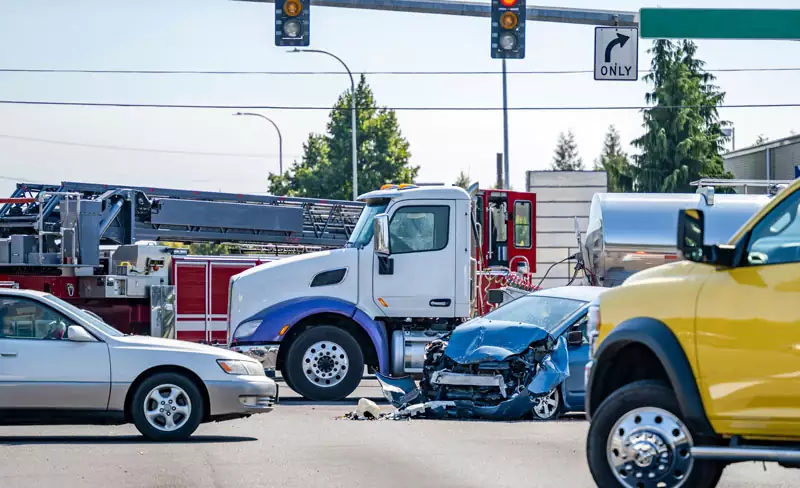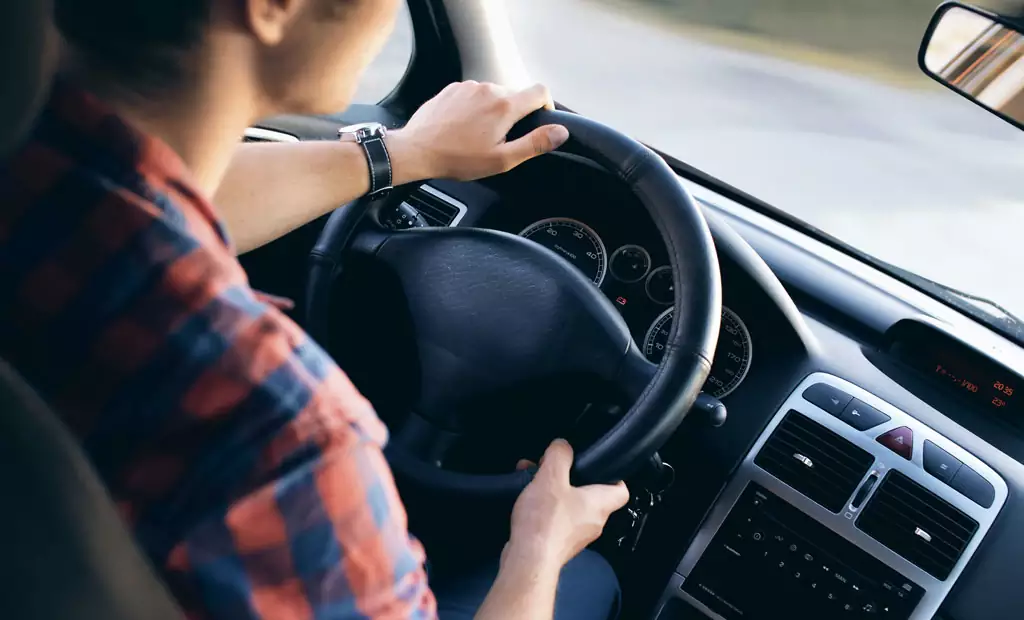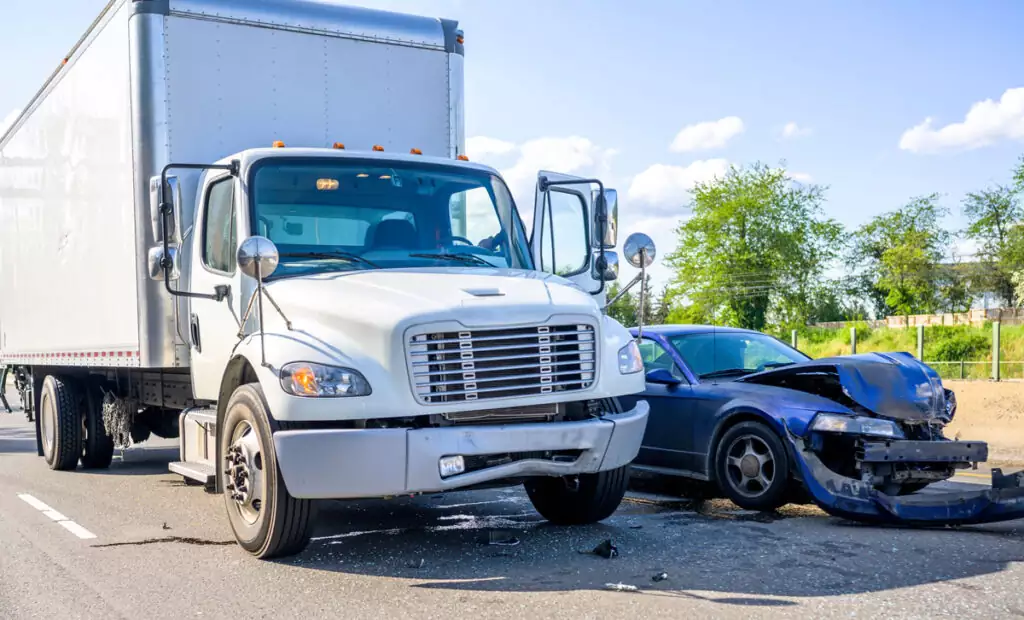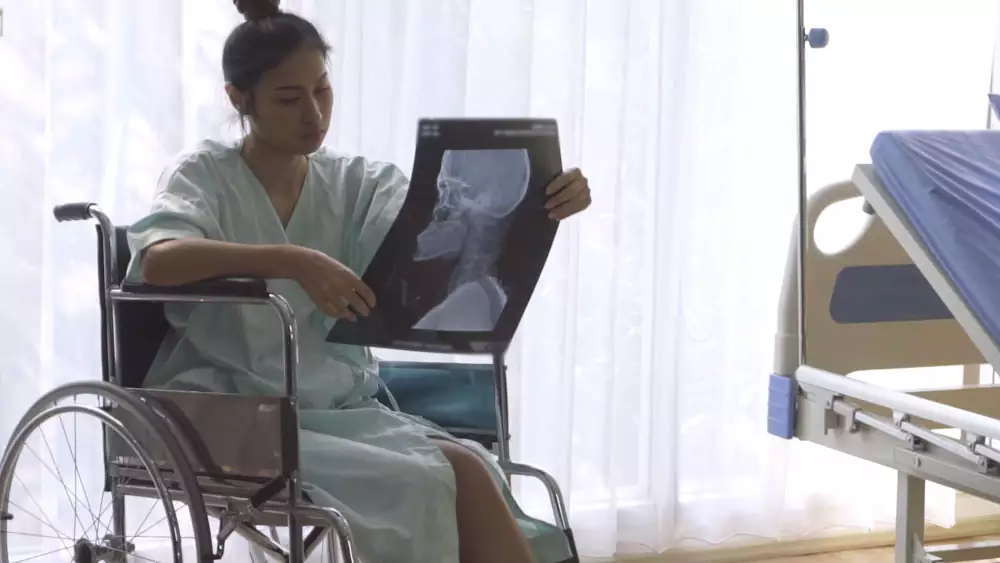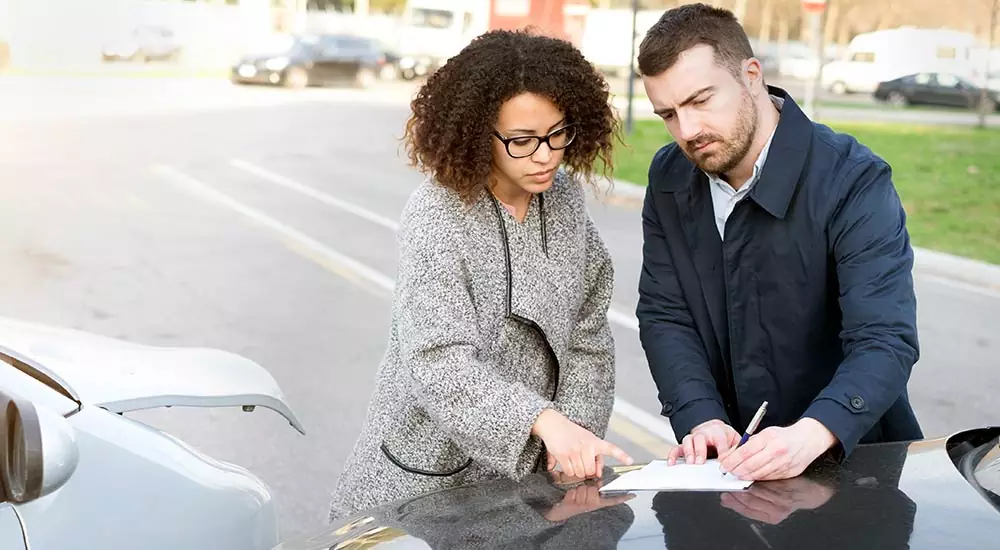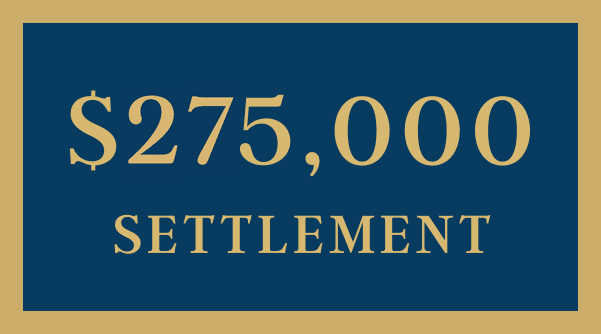Whether you were at fault, or not at fault, for a car accident in California, the steps you take post-accident are very important and can impact your rights.
First and foremost, under California Vehicle Code Section 16025, drivers must share and exchange insurance information after a car accident. The Vehicle Code requires a driver to share his or her (1) name and current address, (2) driver’s license number, (3) vehicle identification number (“VIN”), and (4) the address of the owner of the vehicle. Under California Vehicle Code Section 16025, a driver’s proof of insurance must also be exchanged. A person that does not comply with this required exchange of information will be guilty of an infraction that is punishable by a maximum fine of $250.00. The only exception to this exchange of information is when a driver is rendered incapable of doing so because of this accident.
If someone was injured or killed, remain at the scene of the accident until the police arrive unless you need immediate medical assistance.
Second, and as stated above, if you were injured and need immediate medical assistance, do not wait for the police to arrive.
Third, it is extremely important not to admit to any wrongdoing even if you think the accident was your fault because (1) you may be wrong (2) the other driver may be partially to blame, (3) there may be a road defect that caused the collision, and/or (4) there may be a manufacturing defect or servicing issue that caused the collision.
Fourth, take photographs of the scene of the collision. If you are able to do so safely, photographs of the scene of the accident and all of the vehicles involved can help your attorney and the insurance carrier determine what happened. In addition to capturing pictures from the scene and of the vehicles, take photographs of any injuries (if possible).
Fifth, take time to document your injuries and how the car accident took place. Keeping an early written record of how the accident took place can and will be very important. If you have been involved in a collision, you should write down everything you can remember from the accident. Did you hit your head against the headrest? Did the other driver run a red light? Did the other driver and his passenger switch seats? Did the other driver smell like she was drinking? Anything you can remember from the accident can be helpful, no matter how insignificant it may seem.
Similarly, you should write down how you are feeling after the accident. You should write down what part(s) of your body hurts and take photographs of any visible injuries. Documenting your emotional state post-accident is also very important.
Sixth, you must report the accident to the California Department of Vehicles. California law requires you to notify the California Department of Motor Vehicles within 10 days of an accident if (1) anyone was killed, (2) anyone was injured (even if the injury was minor), or (3) the accident resulted in more than $1,000.00 of damage.
Seventh, you should notify your insurance company that you were involved in a collision. Most automobile insurance policies require motorists to report an accident, even if the accident was not your fault. Our office will be able to assist you with not only reporting the accident to the DMV but with filing your claims with all insurance carriers involved, even your own.
If you have been injured in a car accident in California, do not hesitate to speak with an experienced personal injury attorney who can help you get the compensation that you deserve. Contact Chichyan Law APC today at 818-488-9448 to schedule a free consultation.














